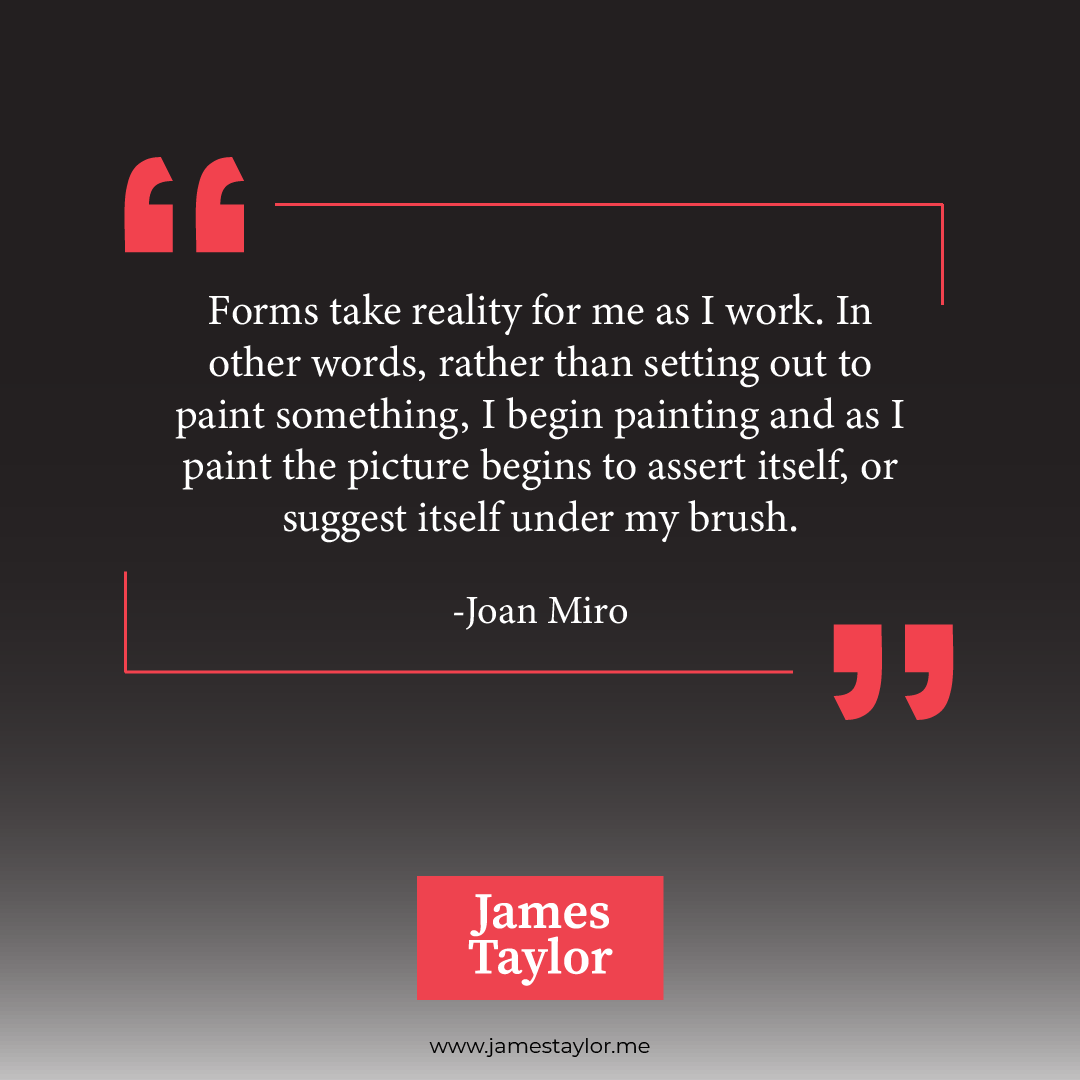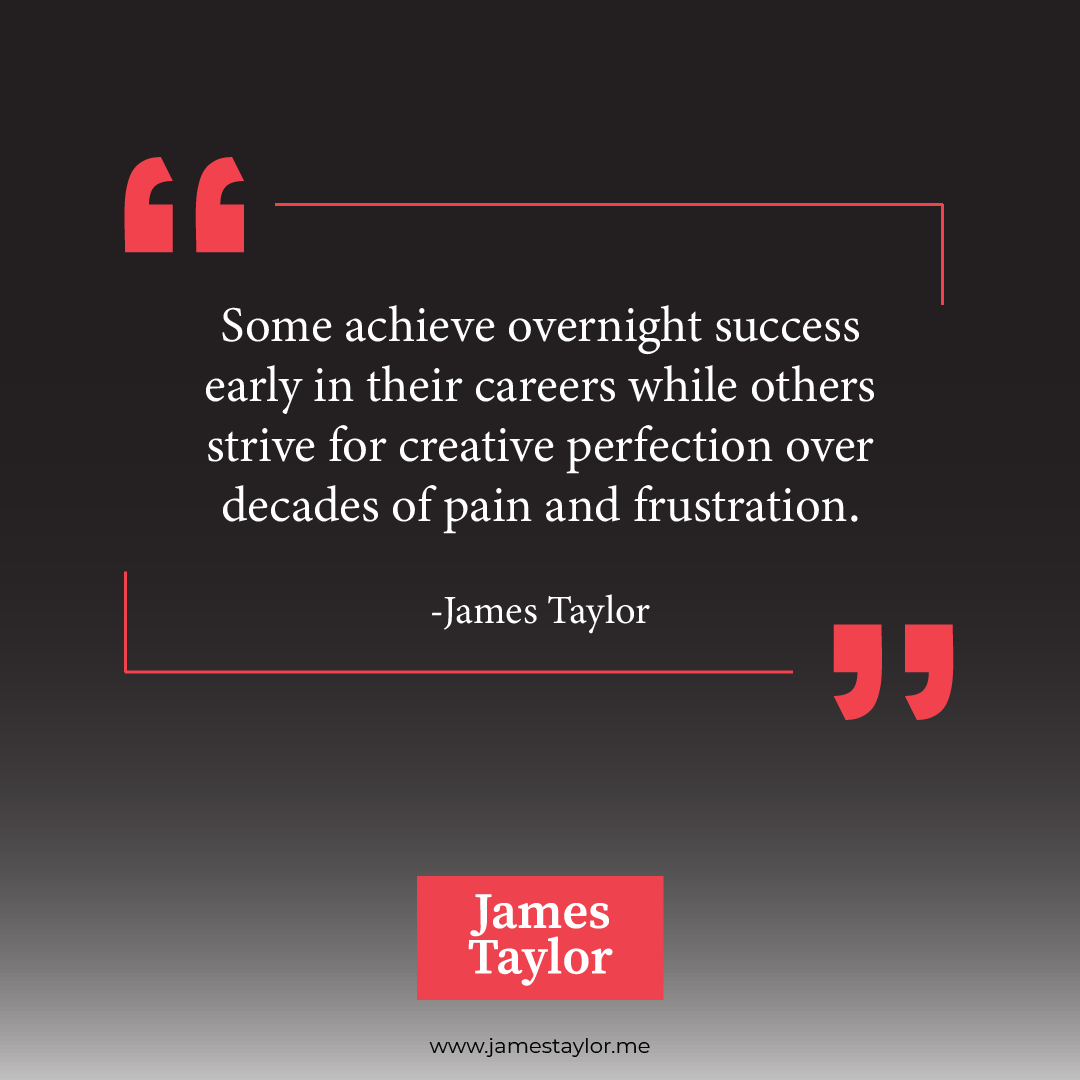LISTEN TO THE PODCAST
Does Creativity Decline With Age?
- How and why does the quality of someone's creative work vary with their age?
- Peak Creativity and Age
- Different Approaches to Creativity
- 'There are two fundamentally different approaches to creativity and innovation as it relates to your age.'
- 'If you are an experimenter then don’t overthink it, dive in, get your hands dirty, experiment, test, treat your work like a journey of discovery.'
- Watch the video to get the full training.
What is the relationship between your creativity and your age? Do we hit our peak creativity when we are younger and then it gradually declines? Or are we like a fine wine that improves with age?
Enjoy access to my free Creativity Blueprint training course where I help you unlock your creative potential, break down creative blocks and unleash your creative genius. Click here to gain access.
INSPIRATIONAL QUOTES
FULL TRANSCRIPT
Creativity and Age
Young creative genius
The media loves the idea of the young creative genius. The 20-year-old musician or artist who creates a whole new style or a 30-year-old Silicon Valley tech entrepreneur who disrupts an industry. Yet we also sometimes hear stories of those innovators who flower a little later in life. The writer who writes their first book in their 40’s which goes on to become an international bestseller or a scientist who makes a groundbreaking discovery in their 50’s or 60’s. So what is going on? How, and why, does the quality of someone’s creative work vary with age?
Peak Creativity and Age
Economist and academic David W. Gelenson recently looked at when in their lives, great artists produce their best work. At first it was difficult to see any real patterns. Some achieve overnight success early in their careers while others strive for creative perfection over decades of pain and frustration. But gradually in examining the careers of great painters, sculptors, novelists and movie directors he found there is a link between peak creativity and age.
Two Fundamentally Different Approaches to Creativity and Innovation
You see there are two fundamentally different approaches to creativity and innovation as it relates to your age. But before we go into that let’s first define what we mean by someone being a creative genius or an innovator. Galenson defines the greatest innovators as that work changes the practices of their peers or successors. As a result of this, great art is those works that embody these innovations. Fundamentally the importance of someone’s creative work is the extent that it influences other creatives. Steve Jobs and Steve Wozniak created Apple and their products and ethos went on to influence future generations of innovators.
Two Different Approaches to Creativity
Now let’s explore the idea of their being two different approaches to creativity. Galenson calls these the Experimental Innovators and Conceptual Innovators. Experiential innovators work by trial and error and their best work happens later in their life. Meanwhile, Conceptual Innovators make sudden breakthroughs by formulating totally new ideas and ways of looking at the world, usually at an early age. If we think of different artists working in different creative life cycles then Michaelangelo, Jackson Pollock, and Alfred Hitchcock were experimental old masters while Picasso, Raphael and Orson Welles were conceptual young geniuses.
Experimental Innovators Work by Trial and Error
Now how can you discover whether you are an experimental or a conceptual creative? Experimental innovators rarely make detailed plans, preferring instead to let the creative work develop over lots of small iterations. It is common with experimental creatives that they will continually return to past motifs or themes. They find the ideas and ‘aha’ moments during the process of working itself and not in the planning or preparation stage.
"Forms Take Reality for me, As I work"
One such experimenter was the artist Joan Miro who said, “Forms take reality for me as I work. In other words, rather than setting out to paint something, I begin painting, and as I paint the picture begins to assert itself, or suggest itself under my brush.”
Experimental Innovators
In the world of business, an experimental innovator would be the marketer or entrepreneur who is running lots of tests, building minimum viable products, and being agile in their approach. Classic lean startups. Innovations in this world are won by hard-earned skill that takes a lot of time.
If we think of literature then the classic experimental creatives would be Charles Dickens, Mark Twain, and Virginia Woolf while in movie making they would be John Ford and Alfred Hitchcock.
Conceptual Innovators
This contrasts sharply with the Conceptual Innovator who sees planning as the most important stage. They want to have a clear vision of the finished work or product or know in detail the process they will use to produce it. As a result, execution or implementation is more systematic. The Conceptual Innovator is primarily motivated by the desire to communicate specific ideas or emotions. Once that idea is realized or the problem is solved then they move on.
So whereas an experimental innovator typically produces many innovations that are related to each other, the conceptual innovator can jump between very distinct fields of study, mediums, or even themes. To an outsider, it may be impossible to find a red thread in their work or a recurring motif because they are always moving onto the next big thing.
When it comes to literature the classic conceptual creatives would be F. Scott Fitzgerald, Ernest Hemingway, or James Joyce while in movie making they would be Federico Fellini or Orson Welles.
Experimental Creative or Conceptual Creative
Once we begin to think of ourselves as either an experimental creative or a conceptual creative we can use this to produce more innovative work. If you are an experimenter then don’t overthink it, dive in, get your hands dirty, experiment, test, treat your work like a journey of discovery. Your best work is yet to come.
Be Ambitious
Meanwhile, if you are a conceptual innovator then your genius lies in your ability to plan in detail, to create a picture in your mind for what you want to create, and to execute systematically and at speed. Be ambitious for your creative work.
Experimental innovators seek new ideas. Conceptual innovators find new ideas.
My name is James Taylor and thanks for watching.




